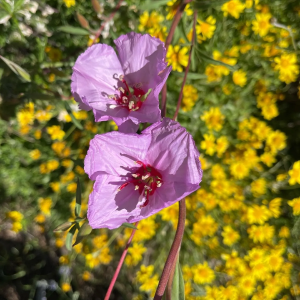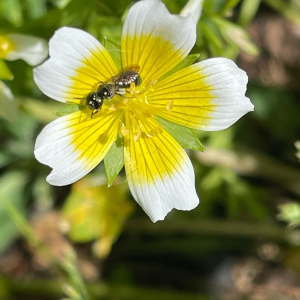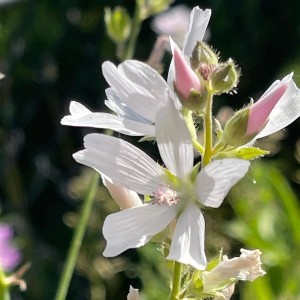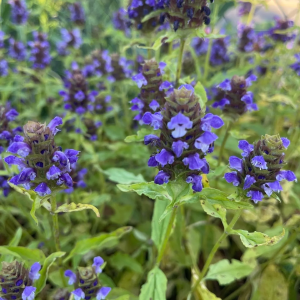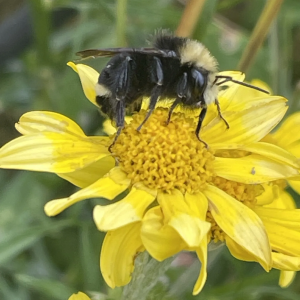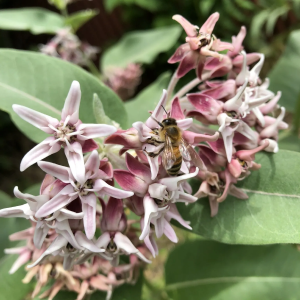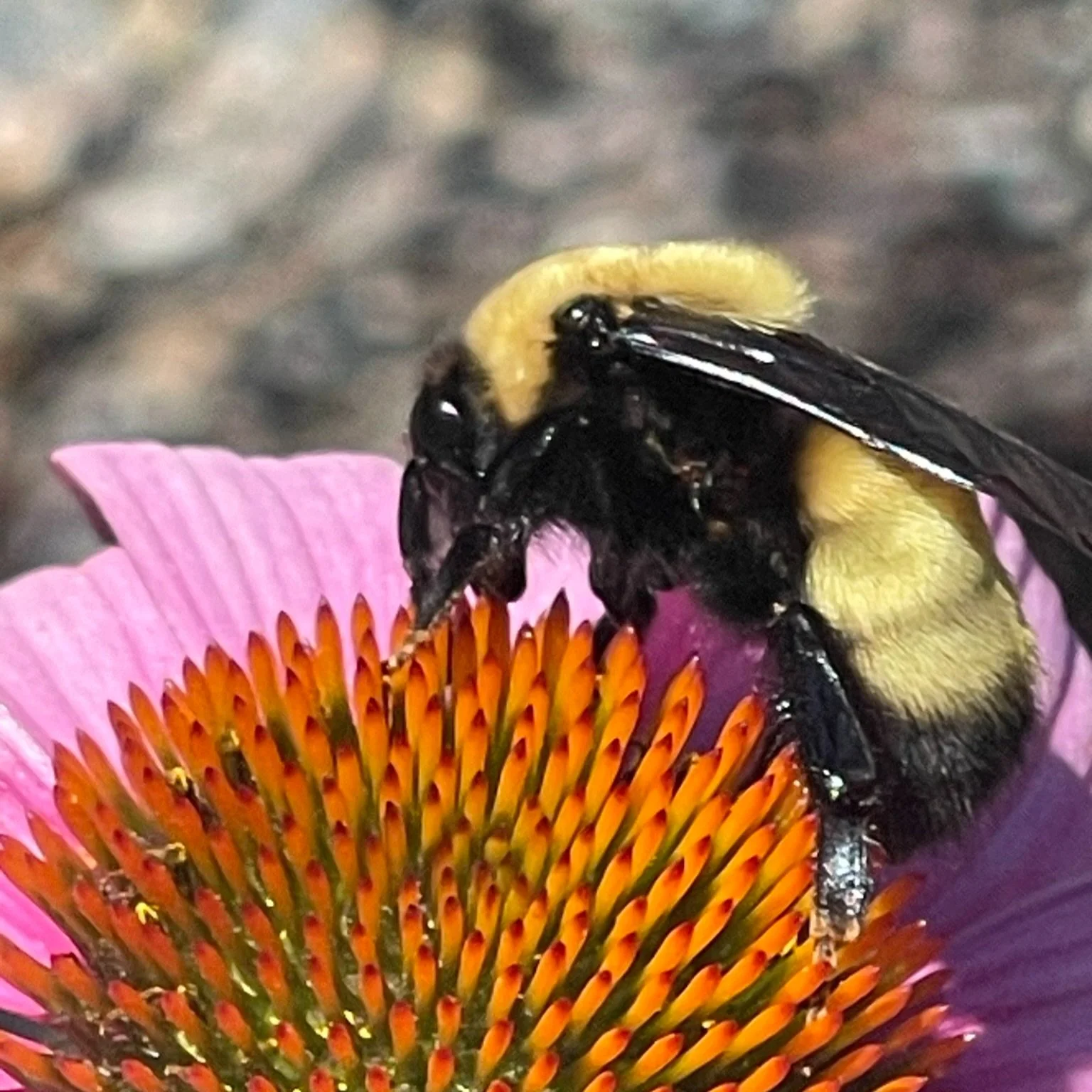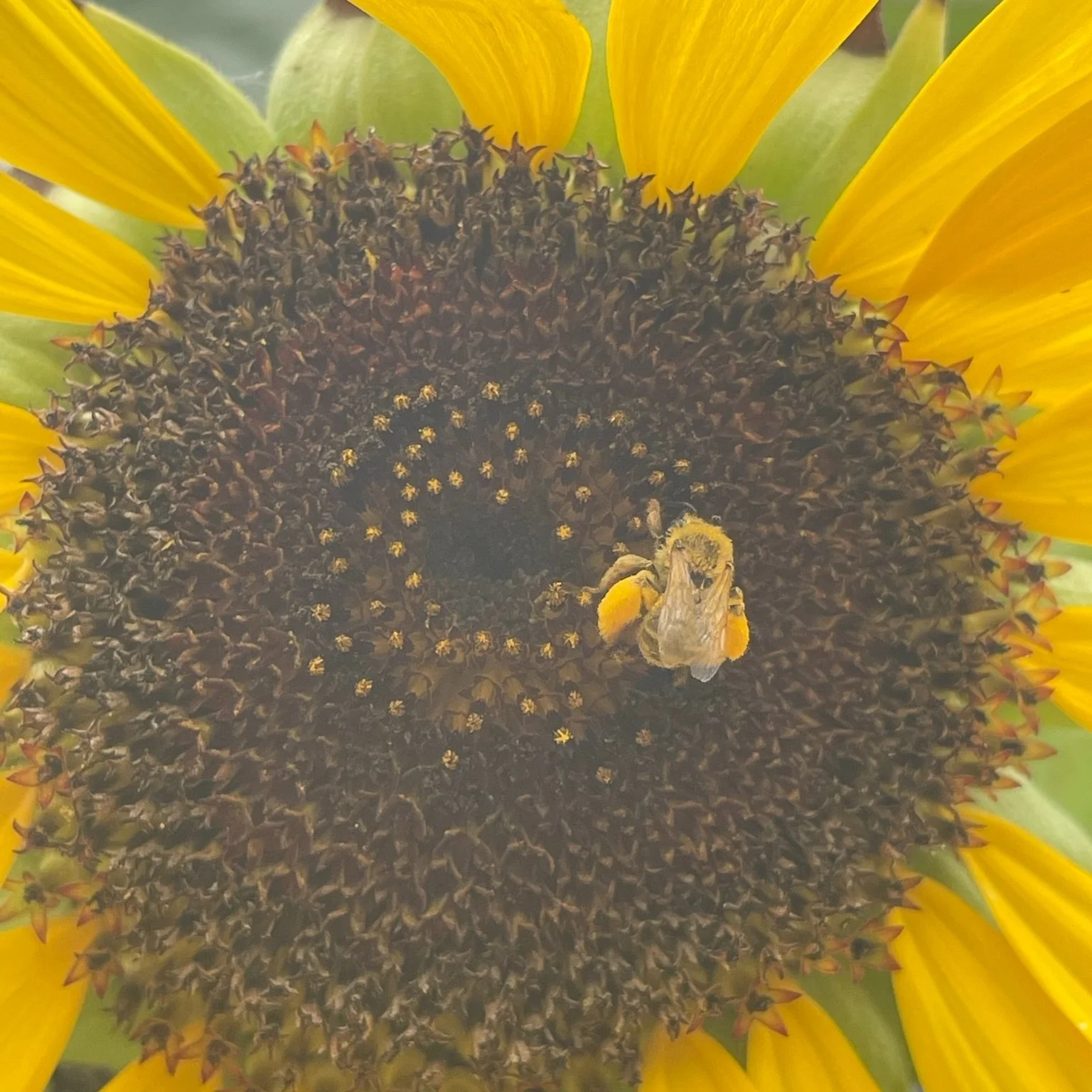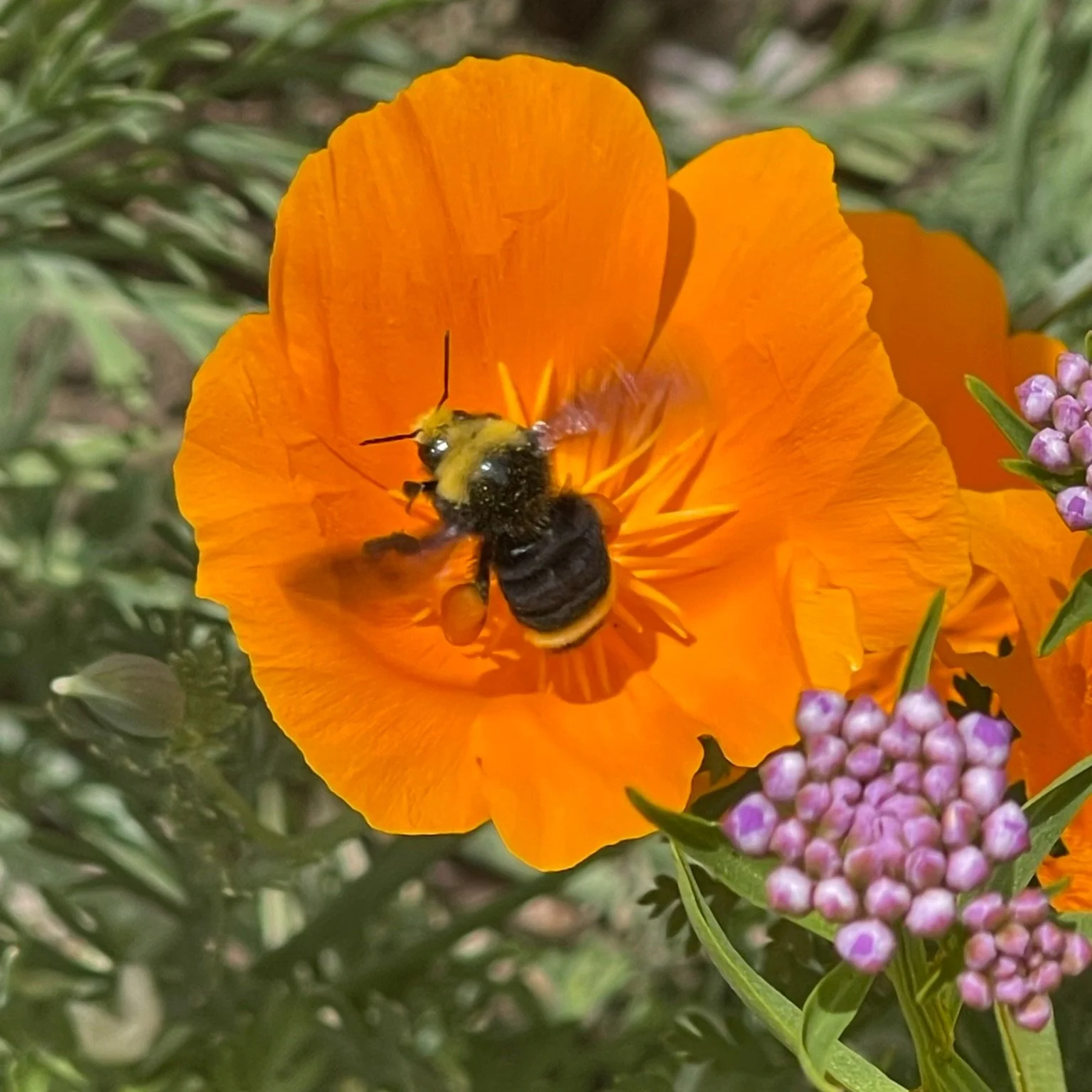
Programs & Initiatives
BEE Habitat
GROW NATIVE VANCOUVER!
Why plant natives? Everyone Benefits from Native Plants
The European honey bee is a generalist pollinator. This means that they are able to collect pollen and nectar from a wide variety of plants in almost any area. However, as native plants co evolved with the insect life in the area, non native bees may not be able to effectively pollinate many local plants. As native plants co evolved with native pollinators, these pollinators are best suited to pollinate their corresponding native plants. Native plants provide food, shelter, and other resources for a large amount of all native animals in the area in which they evolved. For example, research by the entomologist Doug Tallamy has shown that native oak trees support over 500 species of caterpillars whereas ginkgo trees, a commonly planted landscape tree from Asia, host only five species of caterpillars.
In addition to supporting many species of animal life, planting natives in your yard, garden or business has many other benefits. Because these plants have evolved to thrive in their native conditions, they generally require less water than non-native plants saving you time, effort, and money. Native plants typically require less maintenance as they are well suited to their growing conditions and have resistances to local pests and diseases. The traditional suburban lawn, on average, has ten times more chemical pesticides applied per acre than farmland. By choosing native plants for your landscaping and by stopping the use of herbicides and pesticides you are not only helping wildlife, but you are creating a healthier place for yourself, your family, and your community. GROW NATIVE VANCOUVER!
3 EASY WAYS TO HELP PROVIDE HABITAT
Recognize existing habitat
Protect that habitat
Provide new habitat
The Challenge - How To Promote Bees in Vancouver
Bees can live anywhere but they need a few things to really be prolific and thrive. Urban settings offer a brilliant opportunity to provide bee habitat that can live in harmony with our daily lives. Native bees only need a place to nest and food to eat, ideally with these things being in close proximity to each other. Most bees are solitary and do not require large hive structures or spaces. 70% of bees nest in the ground and need bare soil although some can live in your grass lawn. Packed soil areas like driveways and bare paths are great for ground nesting bees. Other native bees nest in twigs and small spaces so providing bee hotels or nesting tubes work best. There are a lot of box location strategies you can employ so make sure and check out our resources section to learn more. Make sure and use houses that can be cleaned out and managed.
Bumblebees have an interesting lifestyle and are both social and solitary at various points in their life cycle. Nesting site for bumblebees are notoriously hard to artificially create as they tend to use old rodent nests to crate their nests. Overwintering queen bumblebees are solitary and need leaf and twig litter as habitat and this is why it’s so important to not clean up leaf litter too early in the spring as you run the risk of composting those bumblebee queens.
Bees also need foraging habitat for food. Nectar and pollen are what a bee eats and just like a human diet, providing a wide range of nutritious and pesticide free forage will make for happier, healthier bees. Because native bees have co evolved with native plants, Vancouver Bee Project advocates for planting native plants as bee forage sources as much as practical. If you plant with native pollinators in mind, non native pollinators such as honey bees and leaf cutter bees will have no trouble assimilating to the food sources available to them.
There are times when non native plant species will work well and provide many of the same benefits as native plants. For instance, native plants in the Vancouver area do not provide much forage in the late summer and non native plantings can help bridge this time when there is little out for bees to forage on. For highly disturbed sites like most of those found in urban settings, we recommend simple plantings using native meadow flowers.
Recent News
SIGN THE PETITION TO SUPPORT MAKING VANCOUVER A BEE CITY USA® AFFILIATE!
See a draft Vancouver City Council resolution supporting becoming a
Bee City USA® affiliate here.


